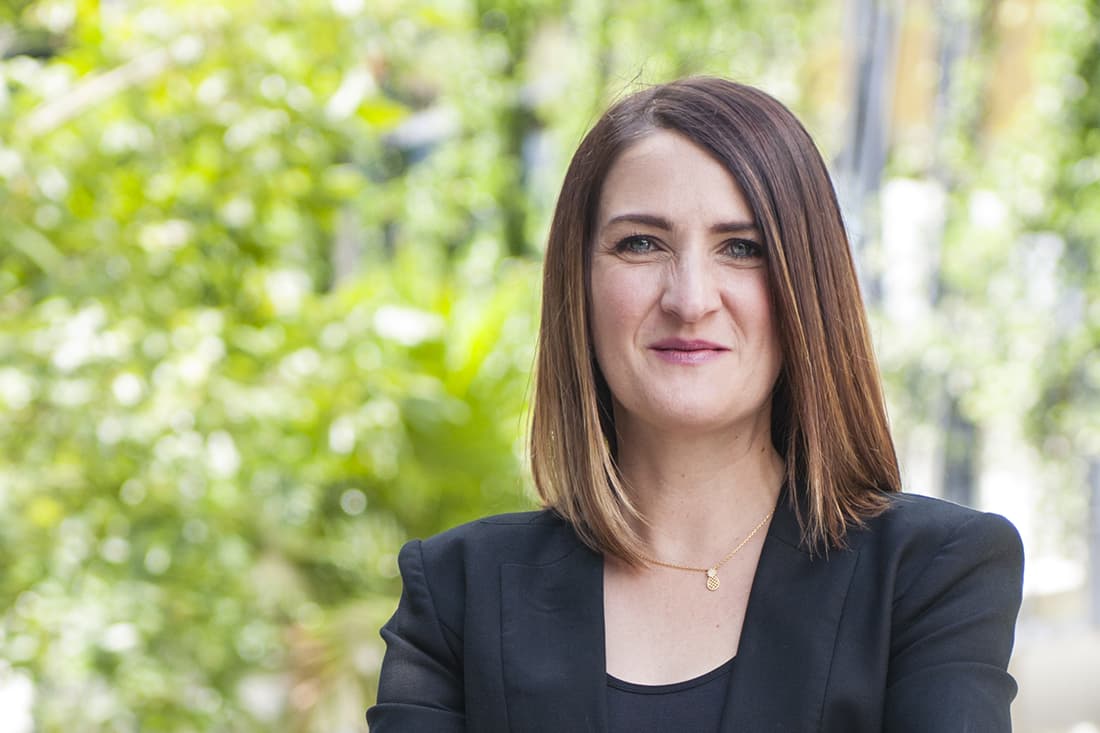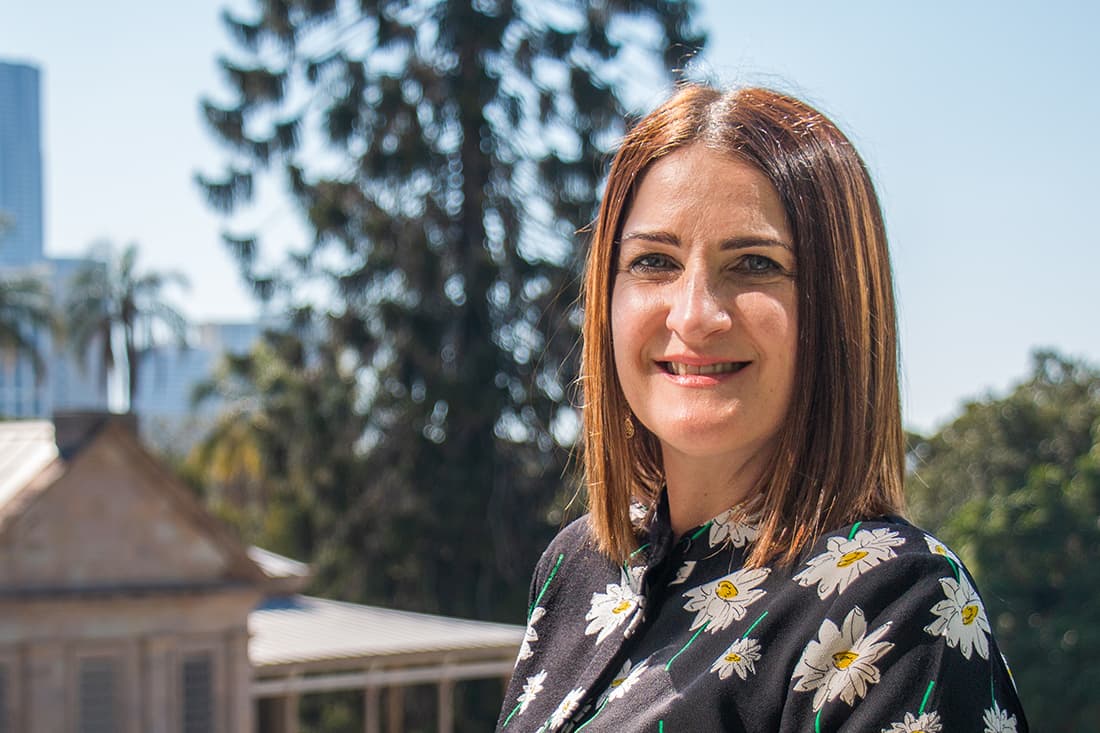'We need to bring communities on the climate solution journey, or we will fail.'


The spark
'Growing up on a sugarcane farm in the 80s and 90s gave me a pivotal insight into stakeholder engagement for environmental management, and how disconnected people can be from the big organisations speaking on their behalf.'
Research aim
'Our goal is to set up systems that allow us to monitor, evaluate and review community acceptance of climate solution risks and benefits, along the journey from trial to large-scale implementation.'


Real-world implications
'There can be points at which people withdraw their acceptance of a potential climate solution. Proactive engagement will either identify and remove barriers to deployment of climate solutions or adapt and discard technologies that fail critical hurdles of risk management and community acceptance.'
The challenge
Climate solutions will be expensive to adopt at scale, so governments need to know communities accept their decisions. It is not just the scale of engaging such a broad array of stakeholders on climate solutions, but the time that takes relative to what we have left to solve issues.


Teaching
'Students can feel overwhelmed by climate issues, so I teach them techniques and strategies for collaboration and engagement analysis, that they can use as evidence to support solutions.'
Key collaborators
Academic
- CSIRO
- James Cook University
- The University of Queensland
- Griffith University
- University of Melbourne
- University of Canberra
- University of New South Wales
- University of Saskatchewan
Public Sector and Industry
- The Australian Institute of Marine Science
- Great Barrier Reef Foundation
- Queensland Department of Environment and Science
- Queensland Department of Agriculture and Fisheries
- National Environmental Science Program
- NRM Regions Queensland
- Cape York NRM
- Terrain NRM
- NQ Dry Tropics NRM
- Condamine Alliance
- Queensland Murray Darling Corporation
- Rural Industries Research and Development Corporation
Key publications
Vella KJ, Sipe N, Dale AP, Taylor BM, (2015) Not learning from the past: Adaptive governance challenges for Australian natural resource management, Geographical Research, 53 (4), p379- 392.
Laurance, W. F., Dell, B., Turton, S. M., Lawes, M. J., Hutley, L. B., McCallum, H., Dale, P., Bird, M., Hardy, G., Prideaux, G., Gawne, B., McMahon, C. R., Yu, R., Hero, J.-M., Schwarzkopf, L., Krockenberger, A., Setterfield, S. A., Douglas, M., Silvester, E., Mahony, M., Vella, K., Saikia, U., Wahren, C.-H., Xu, Z., Smith, B. and Cocklin, C. (2011) ‘The 10 Australian ecosystems most vulnerable to tipping points’, Biological Conservation, 144(5), 1472-1480
Dale, AP., Vella, K, Pressey, RL., Brodie, J, Gooch, M, Potts, R, et al. (2016) Risk analysis of the governance system affecting outcomes in the Great Barrier Reef. Journal of Environmental Management, 183(3), pp. 712-721.